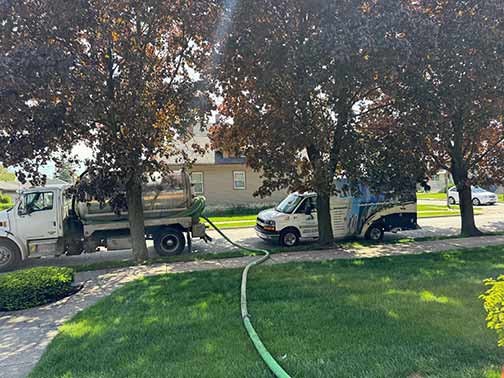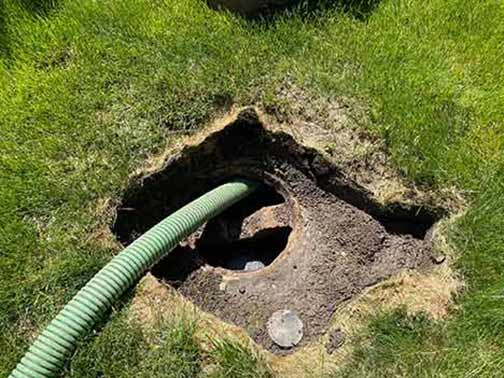
Your septic tank is a crucial component of your household’s wastewater management system. Being aware of how it functions is the first step towards maintaining it efficiently. A septic tank collects and treats wastewater from your home through biological decomposition and controlled drainage.
Recognizing the Importance of Summer Maintenance
Summer often brings about increased water usage due to lawn irrigation, pool filling, and more hosts of family gatherings. This surge can put additional stress on your septic system. Timely maintenance during this period can prevent costly repairs and system failures.
Inspecting and Pumping the Septic Tank
Regular inspection and pumping of the septic tank are indispensable steps in maintaining its efficiency. Experts recommend that a septic tank should be inspected at least once every three years and pumped every three to five years, depending on its size and usage.
Monitoring Water Usage
Excessive water usage is a common pitfall that can lead to septic system overload. Implementing water-saving practices like fixing leaks, installing low-flow fixtures, and limiting the use of heavy appliances can significantly ease the burden on your septic system.
Proper Waste Disposal
The items you flush down or pour into your drains can have a significant impact on your septic system’s health. Avoid disposing of grease, fats, oils, non-biodegradable items, and harsh chemicals in your sink or toilets. These substances can clog and harm the septic system.
Protecting the Drain Field
The drain field is a vital part of your septic system. It can be easily damaged by overuse or physical weight. Activities like parking vehicles or planting trees near the drain field can lead to system failure. Ensure this area remains free from heavy loads and invasive roots.
Recognizing Signs of Trouble
Early detection of septic system issues can prevent minor problems from escalating into major failures. Common signs include slow drains, gurgling sounds in the plumbing, unpleasant odors, and overly lush patches of grass around the drain field. Addressing these signs promptly can save money and stress.

Sustainable Landscaping for Septic Health
Landscaping with the septic system in mind can greatly contribute to its longevity. Opt for grass or shallow-rooted plants over the drain field. This can help prevent roots from invading and damaging the system, ensuring its optimal operation.
Seasonal Adjustments for Optimal Performance
Each season can have different impacts on your septic system. In summer, the increased temperature can expedite the breakdown of waste. However, it also increases the risk of evaporation. Balancing these factors through regular maintenance can keep your system at peak functionality.
Professional Assistance and Services
Although many maintenance tasks can be carried out by homeowners, some require professional expertise. Enlisting the services of a certified septic system professional for inspections, pumping, and septic tank repairs can ensure that your system remains in top condition.
To Conclude
Maintaining your septic tank during the summer months is critical to its long-term functionality and efficiency. Through regular inspections, mindful water usage, and proper waste disposal, you can prevent potential issues and extend the life of your septic system. Always consider seeking professional help when necessary to ensure the best care for your septic system.

